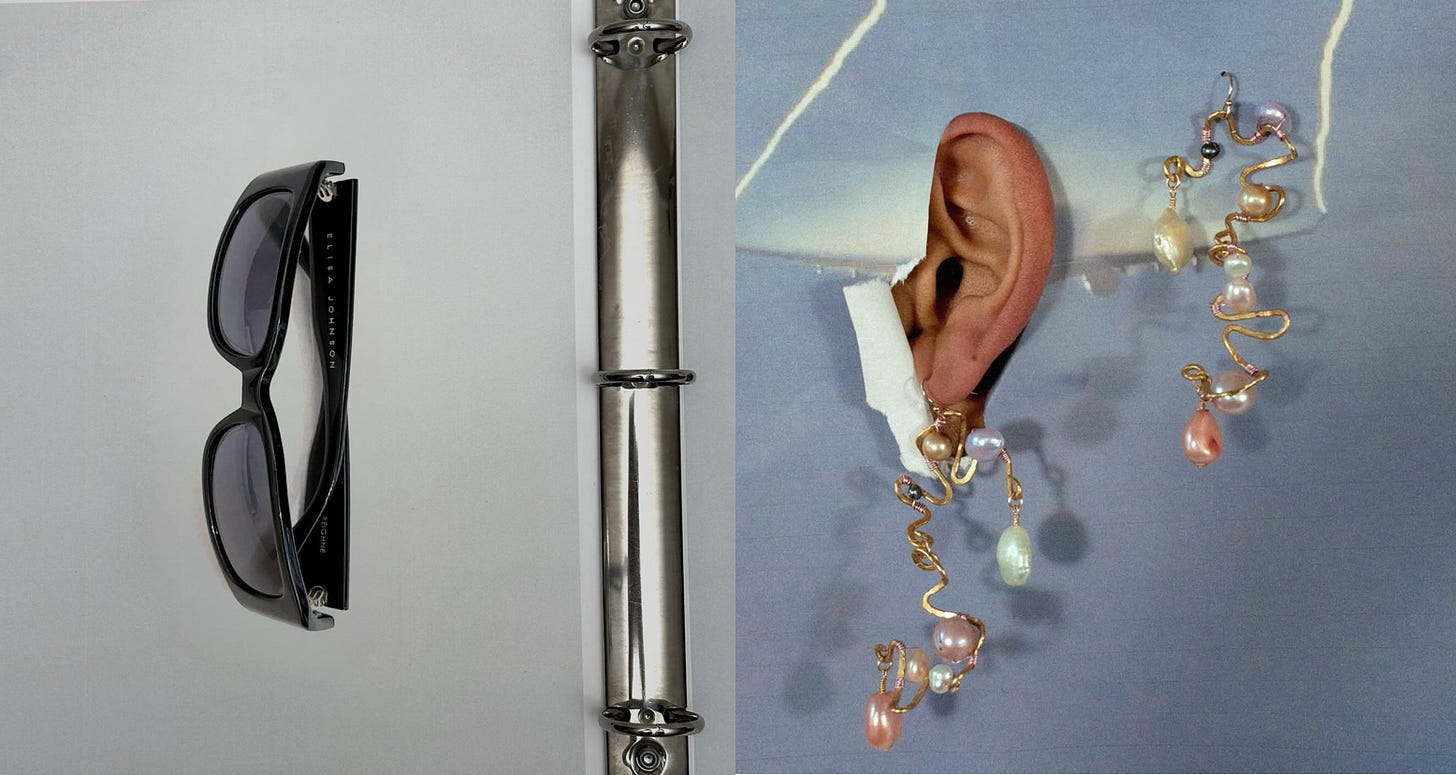Happy Valentine’s Day! Of course, I meant to send out this newsletter at the start of the month, but have been dealing with a family emergency. Better late than never, I suppose. I’m excited to share this Black History Month edit and continue with this year’s new approach of donating 100% of all affiliate link revenue to a non-profit organization supporting BIPOC communities. For February, all proceeds will be donated to The Loveland Foundation, which focuses on providing mental health therapy to Black women and girls. Treat yourself to something nice today!

Over the past few weeks, we’ve seen a rapid acceleration of major corporations reversing their DEI policies that were established in 2020-2021. I predicted this back in Issue 19 in April 2024, when I noticed retailers were suspiciously quiet around Black History Month and AAPI Heritage Month, which felt different from prior years. Now, companies like Target and Walmart have chosen to loudly announce that they are abandoning their DEI initiatives. Many people are upset and outraged by these developments, but I don’t think they are surprising at all. After the election in November, I wrote that “It’s clear that, if any of us remain interested in equity and inclusivity, it’s our prerogative to practice those principles via our behavior and choices. We’re on our own.” And now, that’s all the more obvious.
When movements like The Fifteen Percent Pledge first gained momentum in 2020, I was immediately skeptical because, fundamentally, we should be building our own spaces rather than begging for shelf space where we're clearly not wanted. The original dream when I started Revisionary was creating a retail marketplace with these values built into its foundation - like carrying majority BIPOC-owned brands and using profits to create funding grants for new small businesses. I realized that pursuing VC money is totally at odds with that ambition, though, and I don’t personally have the resources required to bring that vision to life. So for now, my goal is to continue sharing these shopping edits and spotlighting these brands through this newsletter. I believe that, as long as we're inevitably buying things, purchasing products created by people of color and those whose values you respect is one way we can continue to support diverse communities.

You can shop the full Black History Month edit, featuring over 40 Black-owned brands, here. Below, I’ve highlighted a few of the brands that I’m particularly interested in at the moment.
As prep style and 80s aesthetics continue to gain momentum as part of the general cultural trend towards regressive nostalgia, brands like J.Crew are back in vogue.
wrote a great piece last year about how “the assumption of whiteness” is central to its brand identity. In the midst of all this, it’s interesting to see the rise of Black-owned brands bringing their own perspectives to these aesthetics, like Danzy and Recreational Habits.I see no end in sight for the fragrance frenzy of the past couple years, and yet there are very few options when it comes to seeking out BIPOC-owned fragrance brands. Most of the ‘notes’ that we seek in fragrances are derived from ingredients native to the Global South, and yet society idolizes European luxury perfumes as the epitome of taste. Black-owned brands Ourside and Moodeaux are ones to watch in this space.
To end, I’m simply obsessed with the beautiful design and elevated aesthetics of these two Black-owned accessories brands - Elisa Johnson for luxe eyewear, and Isshi for gorgeous jewelry. I included the Instagram pages for these because they’re definitely worth a follow if you enjoy the visuals.







I appreciate your perspective and the brands you highlight here!
Perhaps it’s telling that while I felt pretty plugged into a number of fashion trends and aesthetics over the last four or five years, I was ultimately more willing to dismiss the regressive politics that many influencers and image-makers touted with them because of the counter-points that most folks I followed made: “we’re enjoying this fashion, what these other people are saying doesn’t represent our views!” I fear I didn’t comprehend the mainstream realignment while it was right in front of me and the aesthetic canary in the coal mine fell on deaf ears searching for more “obvious” cues. I wonder how many other people also were in that boat, so to speak.